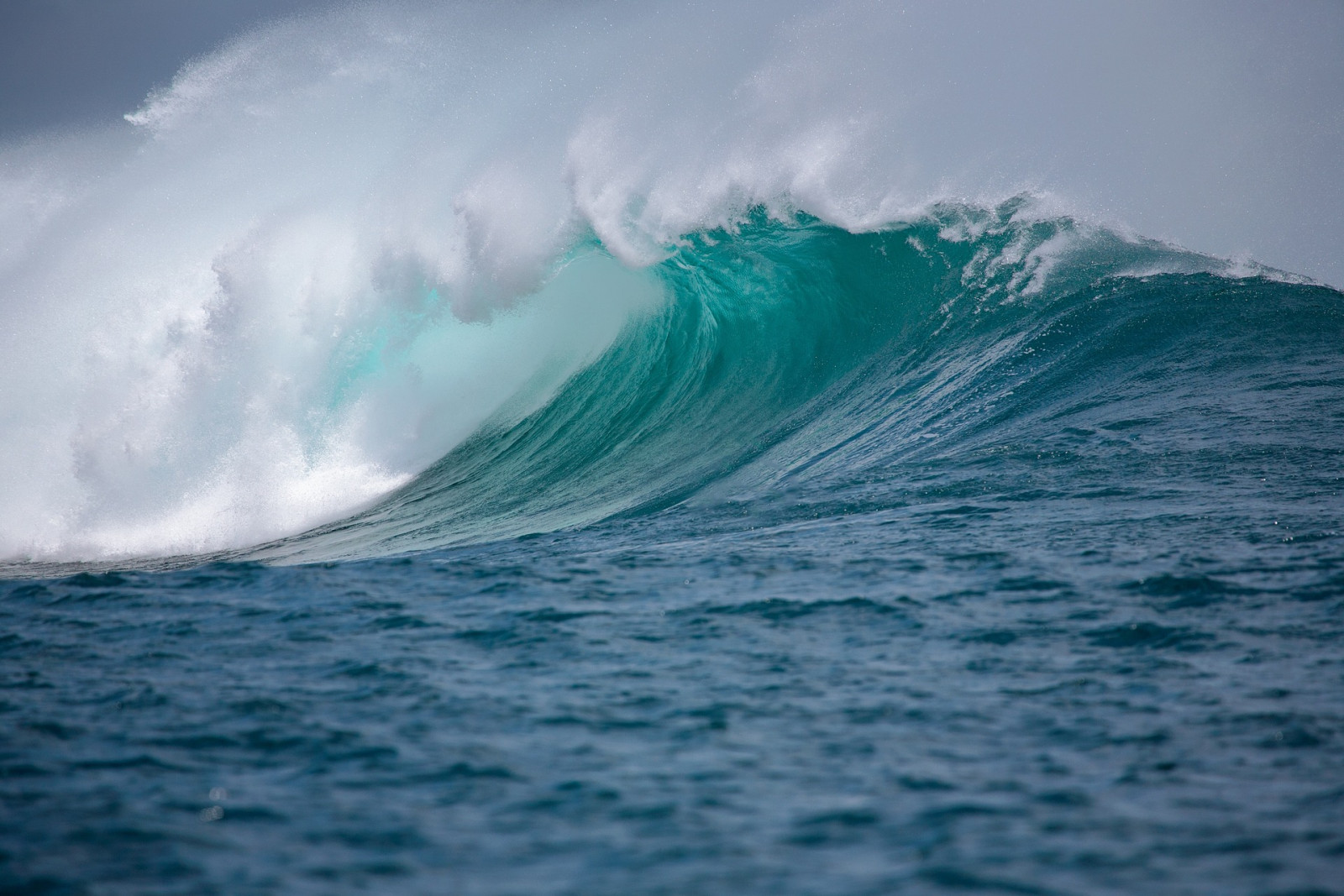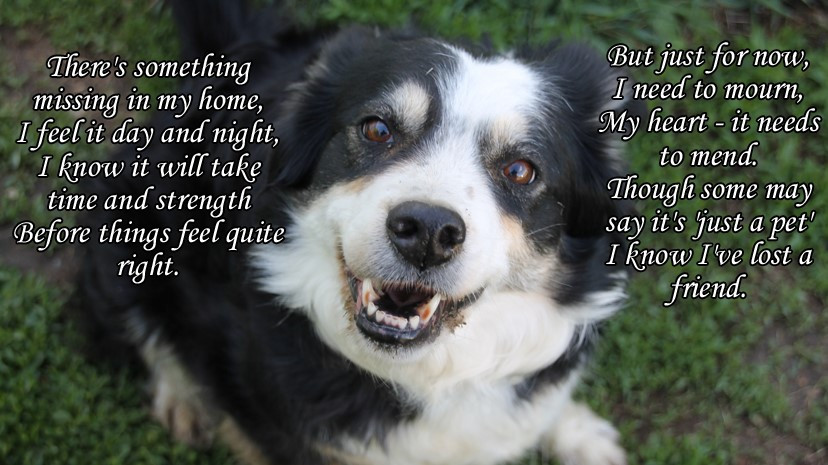
Grief, I think, is the most difficult circumstance of life to navigate.
It is a journey on which you are entirely alone. No one else feels exactly the way you do, so you don’t feel like there is anyone who truly understands, anyone you can really talk to about it.
Each relationship is unique, so each grief is unique, and that quote, “Where there is deep grief, there was great love” ... it’s true. Please remember that you are entitled to your grief, no matter what anyone else feels.
And if you are experiencing a loss that's less "accepted" – maybe a beloved pet or an unborn baby or a family member you had cut off contact with but suddenly realize you can never reconnect with – you will probably feel even more alone because there are people who will think it’s not a big deal and others who will not even know you're grieving. Just remember the truth of your love; that is the only appropriate gauge by which to measure grief.
I once read a shockingly accurate illustration of grief. It was posted on Reddit by a person who goes by “GSnow” in response to a simple plea of “My friend just died. I don’t know what to do.” I share it here in hopes that it will help someone else the way it helped me.
“As for grief, you’ll find it comes in waves. When the ship is first wrecked, you’re drowning, with wreckage all around you. Everything floating around you reminds you of the beauty and the magnificence of the ship that was, and is no more. And all you can do is float.
“You find some piece of the wreckage and you hang on for a while. Maybe it’s some physical thing. Maybe it’s a happy memory or a photograph. Maybe it’s a person who is also floating. For a while, all you can do is float. Stay alive.
“In the beginning, the waves are 100 feet tall and crash over you without mercy. They come 10 seconds apart and don’t even give you time to catch your breath. All you can do is hang on and float.
“After a while, maybe weeks, maybe months, you’ll find the waves are still 100 feet tall, but they come further apart. When they come, they still crash all over you and wipe you out. But in between, you can breathe, you can function.
“You never know what’s going to trigger the grief. It might be a song, a picture, a street intersection, the smell of a cup of coffee. It can be just about anything … and the wave comes crashing.
“But in between waves, there is life.
“Somewhere down the line, and it’s different for everybody, you find that the waves are only 80 feet tall. Or 50 feet tall. And while they still come, they come further apart. You can see them coming. An anniversary, a birthday, or Christmas, or landing at O’Hare. You can see it coming, for the most part, and prepare yourself. And when it washes over you, you know that somehow you will, again, come out the other side. Soaking wet, sputtering, still hanging on to some tiny piece of the wreckage, but you’ll come out.
“Take it from an old guy. The waves never stop coming, and somehow you don’t really want them to. But you learn that you’ll survive them. And other waves will come. And you’ll survive them, too.”
How does this help? By knowing it's a wave. It will recede, and you'll have a chance to breathe again. Sometimes, it doesn't seem like you'll ever come out the other side of that wave. But you will. Trust that. Don't fight the waves, just ride them. Your feelings are valid. Concentrate on surviving one wave at a time. You can make it through.
If you feel like you’re drowning in your grief and have no one to help you float, please feel free to contact me. I am not a doctor or therapist, but I am a listening ear who has been through the waves, and I will not measure or shame your tears.
Written in honor of the greatest loss of my life – April 26, 2019.



